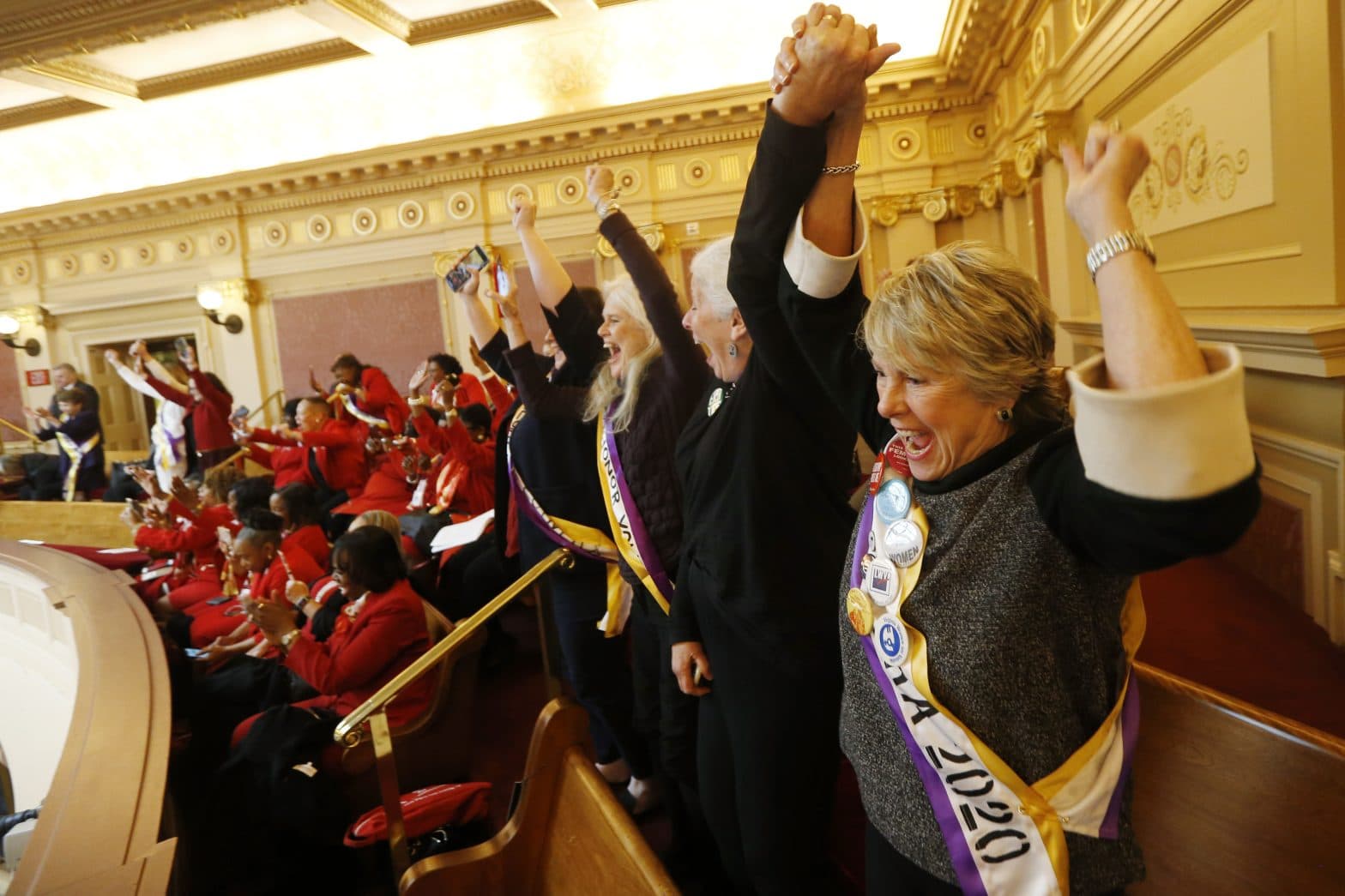States’ Attorneys General Sue to Force ERA into Constitution

WASHINGTON — The attorneys general of Virginia, Illinois and Nevada are suing in federal court for an order that would add the Equal Rights Amendment to the U.S. Constitution.
On January 27 Virginia became the 38th state to ratify the proposed Constitutional amendment that would expand women’s rights, such as to serve in the military and decide whether to have abortions.
The proposed amendment says that “equality of rights under the law shall not be denied or abridged by the United States or by any state on account of sex.”
For previous proposed amendments, ratification by a 38th state met the threshold to rewrite the Constitution.
Congress approved the Equal Rights Amendment in 1972 but added a deadline for three-fourths of the states to ratify it no later than 1982.
Therein lies the heart of the dispute for the lawsuit filed last week in U.S. District Court for the District of Columbia.
Legal scholars who testified before Congress last April said there is no basis in the Constitution for the authority of Congress to set a ratification deadline. Justice Department attorneys argue there also is no ban on Congress setting a deadline, which means it is discretionary for lawmakers.
The Constitution’s Article V describes procedures for an amendment. After the Senate and House each approve it by a two-thirds vote, three-fourths of state legislatures must ratify it. It takes effect when the National Archives publishes it as being part of the Constitution.
The only way the Equal Rights Amendment could be revived now is by a second round of approvals by Congress, according to a January 6 opinion from the Justice Department’s Office of Legal Counsel.
“Should Congress wish to propose the amendment anew, it may do so through the same procedures required to propose an amendment in the first instance, consistent with Article V of the Constitution,” the opinion says.
The proposed amendment at first won broad support in Congress and the states. Supporters included President Richard Nixon and then-California Governor Ronald Reagan.
By 1977, there were 35 states that ratified it. But then the support stopped as conservatives warned it appeared to be unnecessary legislation. The 14th Amendment’s Equal Protection Clause already provided the rights sought by Equal Rights Amendment advocates, according to its critics.
Support for the Equal Rights Amendment revived during the #MeToo movement of recent years as women sought protection from sexual harassment.
During a press conference last week when states’ attorneys general announced their lawsuit, Virginia Attorney General Mark Herring criticized the Justice Department’s Office of Legal Counsel opinion as “a last gasp of those who are trying to hang on to prevent women’s equality.”
The lawsuit describes a long history of American women being overlooked for the same rights as men.
“For nearly 150 years, our Nation’s foundational document did not acknowledge the existence of women,” says the lawsuit in a reference to the Constitution.
It adds, “After generations of effort, the women of this country are entitled to their rightful place in the Constitution.”
Senator Ben Cardin of Maryland and U.S. Rep. Jackie Speier of Nevada, both Democrats, recently introduced a bill to remove the ratification deadline from the language of the Equal Rights Amendment proposal.
The lawsuit is Commonwealth of Virginia, State of Illinois and State of Nevada v. David S. Ferriero, in his official capacity as Archivist of the United States, Case No. 1:20-cv-00242, U.S. Dist. Ct.-D.C., Filed 01/30/20.























